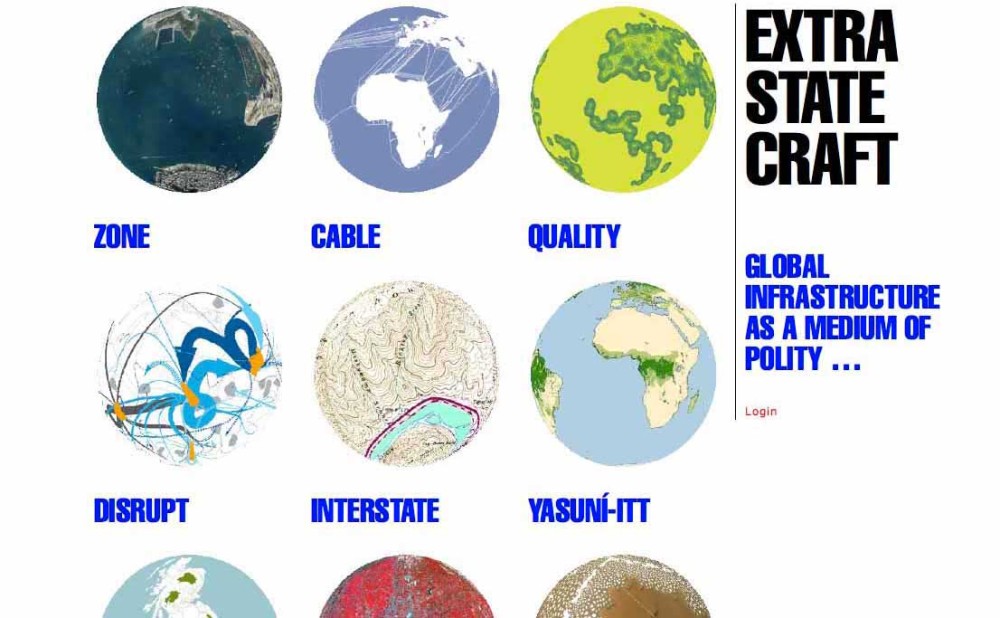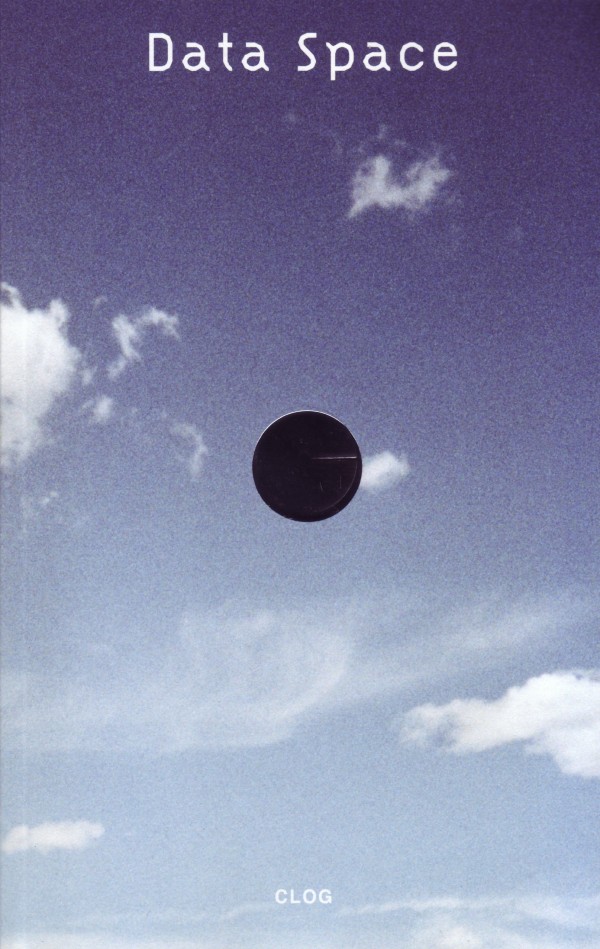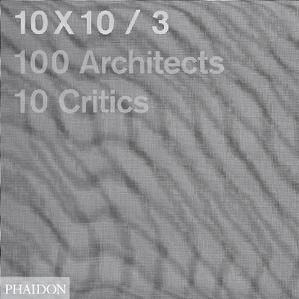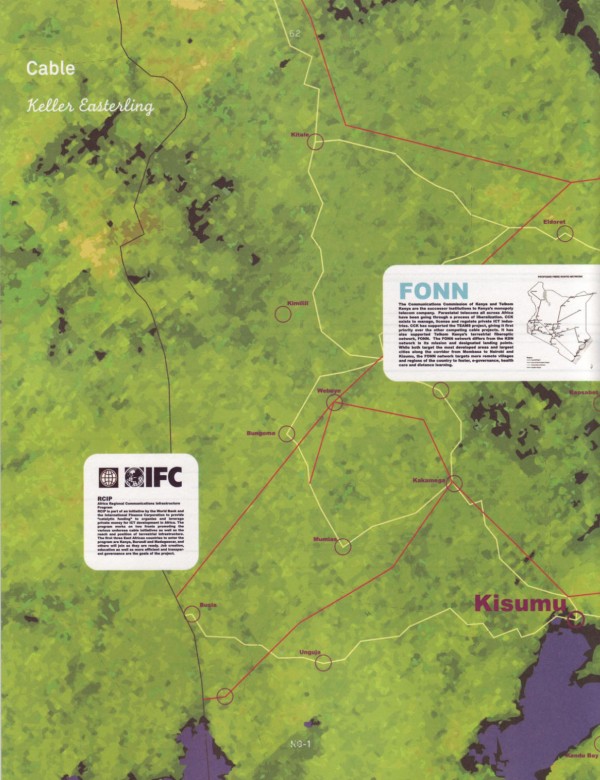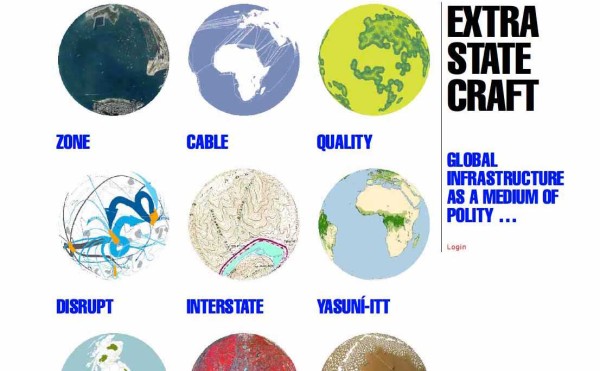ESC researches global infrastructure as a medium of polity. Some of the most radical changes to the globalising world are being written, not in the language of law and diplomacy, but rather in the language of infrastructure. Even building enclosures, typically considered to be geometrical formal objects, have become infrastructural—mobile, monetized technologies moving around the world as repeatable phenomena. Infrastructure is then not the urban substructure, but the urban structure itself—the very parameters of global urbanism.
Extrastatecraft—a portmanteau that means both outside of and in addition to statecraft—recognizes that infrastructure generates emergent new constellations of national, international, intergovernmental and transnational administration and generates undeclared forms of polity faster than any even quasi-official forms of governance can legislate it. Yet far from overwhelming state power, these lumpy and braided administrative layers, with their multiple trap doors and proxies, often serve to strengthen and camouflage the state. Massive global infrastructure systems, administered by mixtures of public and private cohorts and driven by profound irrationalities, form a wilder mongrel than any storied Leviathan for which there is studied political response.
